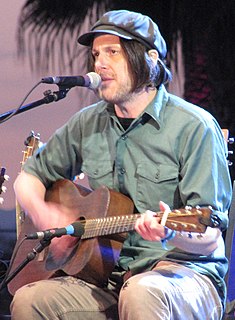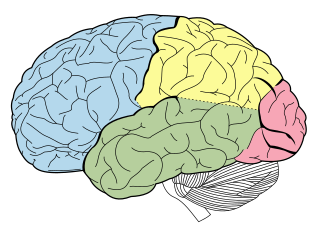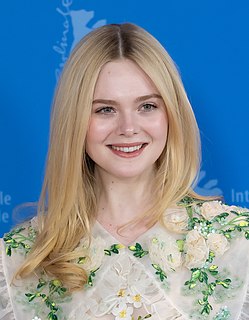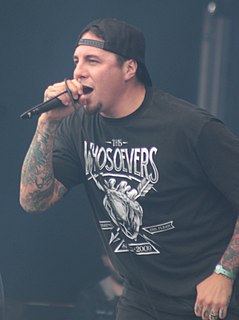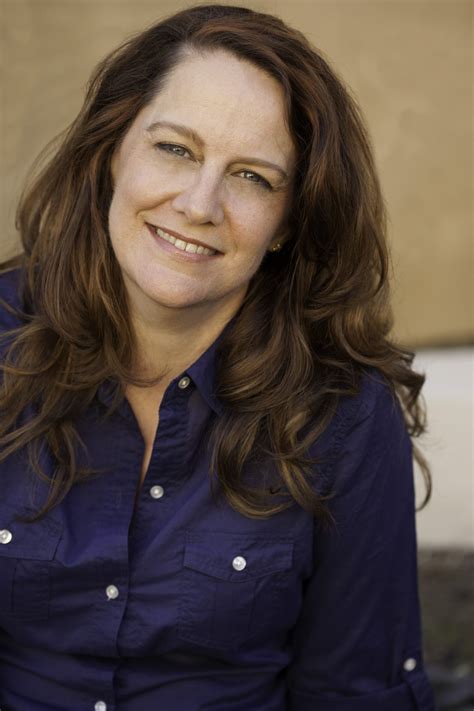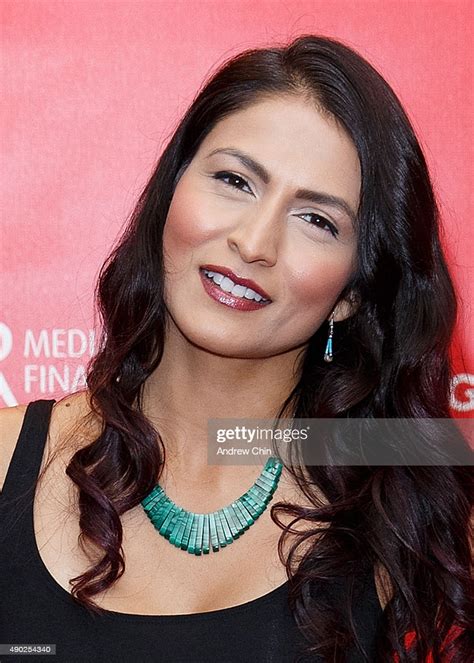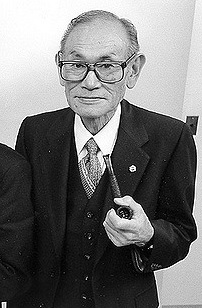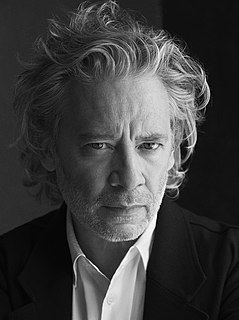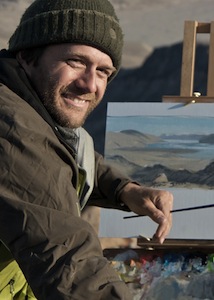A Quote by Astra Taylor
Also, after Examined Life was finished I found myself thinking about the way creative opportunities and distribution channels were shifting. Should I be showing my films in theaters or just think about getting them out online? There were other issues, too.
Related Quotes
I think the songs I was writing after Aeroplane were full of a lot of undealt-with pain that was just a little too big... the issues seemed too large for me to confront intuitively through songwriting. I kept pushing it and pushing it. There are so many issues about being human and why people inflict pain on each other. There were seeds of all these things I hadn't dealt with. With just the personal issues, I felt I was in over my head, but then to write about it... To write you have to have at least a little bit of confidence you know what you're talking about.
The thing is, right now the films don't need to be overtly political to be about our times. We also need films that are just human, that are about people. People need that, too. It's like we need to reconnect to what it is to be human. Not just what our political situation is. That's not what I'm thinking about exclusively. Human content is needed again, as it was in the '70s. I think films were more human than they've been since then.
Just as important as getting enough sleep is thinking about sleep in the right way. Stop thinking of sleep and naps as “downtime” or as a “waste of time.” Think of them as opportunities for memory consolidation and enhancing the brain circuits that help skill learning. Nor should you feel guilty about sleep. It's just as crucial a part of successful brain work as the actual task itself.
I don't think it's a coincidence that 'The War Room' and 'A Perfect Candidate' are films that have been consistently shown and available for rental for 20 years. These are films that are more about the moment in which they were filmed: they also have a great deal to say about larger issues about who we are as a country.
I knew I had found my life's passion after writing my first column for The Washington Post. The response was like nothing we had seen in the business section. Everyday people were writing that finally someone was speaking to them in a way that was understandable. I think we were all shocked at how many readers wrote in to say that they too had a Big Mama who taught them about money.
You remember that I told you it was safer not to know. But,' he went on, as his hands moved wuth their sure and practiced motion, 'I will tell you just a little, because you were so very brave.' Brave?' Annemarie asked, surprised. 'No, I wasn't. I was very frightened.' You risked your life.' But I didn't even think about that! I was only thinking of-' He interrupted her,smiling. 'That's all that brave means-not thinking about the dangers. Just thinking about what you must do. Of course you were frightened. I was too, today. But you kept your mind on what you had to do. So did I.
Coming out of graduation, I didn't immediately know what direction I wanted to do so I decided to just stay as an intern until it really kind of dawned on me and I felt more compelled one way or the other. So I gave it a few years and then after two years it was really clear that deep down I missed being a full time creative artist. Ironically, I started getting clients who were all in the entertainment industry and a lot of them were in comedy!
Most of Emily's backstory is written out between New Moon and Eclipse. I'm reading them as we're shooting the films. I haven't read Breaking Dawn yet. It's just too crazy. There's too much going on that you need a map. I just try to focus on one movie at a time. When we were doing New Moon press, people were already asking about Eclipse. I didn't read it until I was ready to go, so that it was fresh and I wasn't jumbled with all this other stuff.
Before the war, my parents were very proud people. They'd always talk about Japan and also about the samurai and things like that. Right after Pearl Harbor, they were just real quiet. They kept to themselves; they were afraid to talk about what could happen. I assume they knew that nothing good would come out of it.
Picasso and Matisse were the guys I wanted to get away from, and cubism is all still lifes. Their paintings are all closed drawings. And still life is a perfect form for that. By the mid-'50s, I sort of dropped the still life. The large picture was a way of getting around them, too. The abstract expressionists were also into the large form because it was a way of getting around Matisse and Picasso. Picasso can't paint big paintings. Matisse didn't bother after a certain point.

